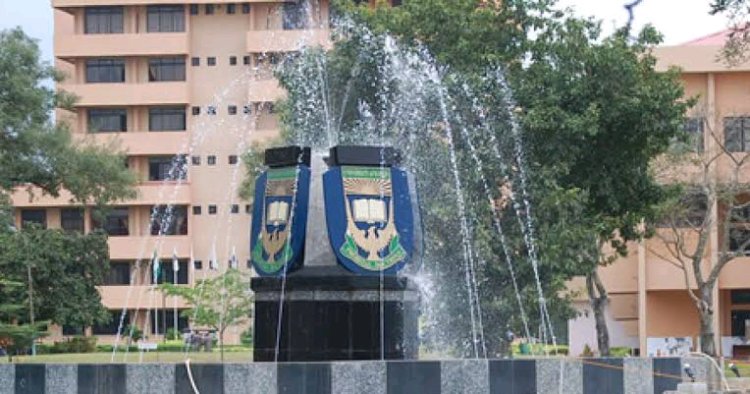UNILORIN Under Fire for N1.2bn Discrepancy in Government Remittance
Specifically, the audit found that UNILORIN deducted N227 million as Pay as You Earn (PAYE) tax from its employees' salaries but failed to remit these funds to the government as required by law. This failure to comply with tax regulations adds another layer of scrutiny to the university's financial practices.

The University of Ilorin (UNILORIN) in Kwara State has come under scrutiny following the release of a fresh auditing report by the office of the Auditor General for the Federation. The report reveals a significant discrepancy in the university's remittance of funds to the Nigerian government's Consolidated Revenue Fund (CRF).

According to the report, UNILORIN failed to remit a total of N1.2 billion to the CRF, raising concerns about financial mismanagement and accountability within the institution. The audit also highlights the university's failure to remit Internally Generated Revenue (IGR) and Pay-As-You-Earn (PAYE) taxes, further exacerbating the issue.
Specifically, the audit found that UNILORIN deducted N227 million as Pay as You Earn (PAYE) tax from its employees' salaries but failed to remit these funds to the government as required by law. This failure to comply with tax regulations adds another layer of scrutiny to the university's financial practices.
Sulyman Abdulkareem, a Chemical Engineering professor who served as the Vice-Chancellor of UNILORIN from 2017 to 2022, is implicated in the audit report. The university's spokesperson, Kunle Akogun, acknowledged the allegations and stated that the institution is preparing a public statement to address the reported violations.
RECOMMENDED FOR YOU:Outstanding Girl at 2018 National Maths Competition Becomes Civil Engineer
The release of the audit report has sparked public outrage and calls for accountability from UNILORIN's management. As the university works to address these allegations and restore public trust, stakeholders are closely monitoring the situation to ensure transparency and adherence to financial regulations.
This development underscores the importance of transparency and accountability in the management of public funds within Nigerian institutions of higher learning. As the investigation unfolds, the outcome will have implications for UNILORIN's reputation and its standing within the Nigerian higher education landscape.





